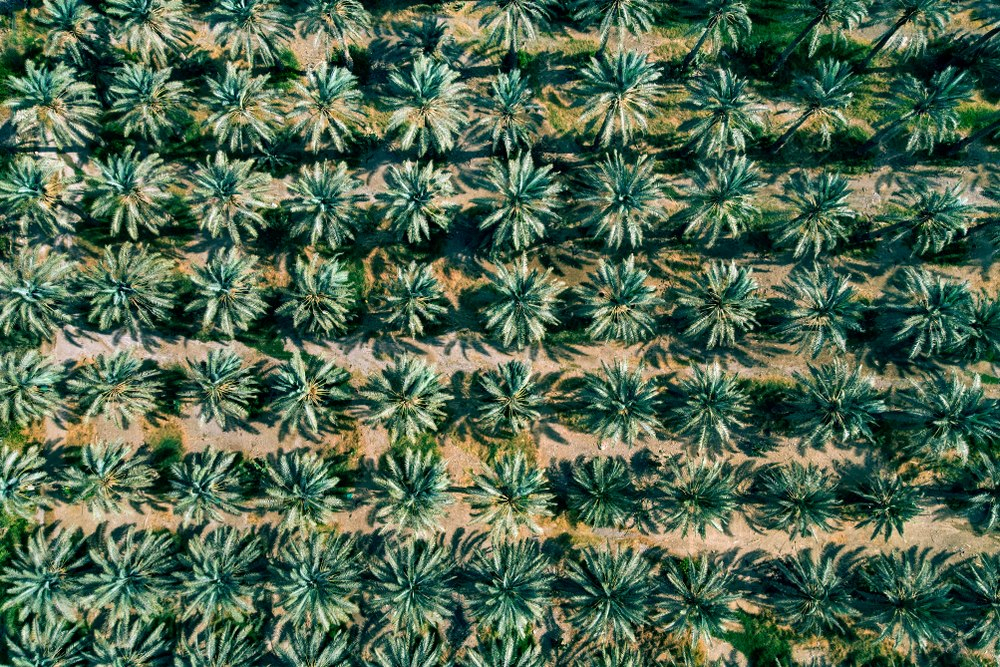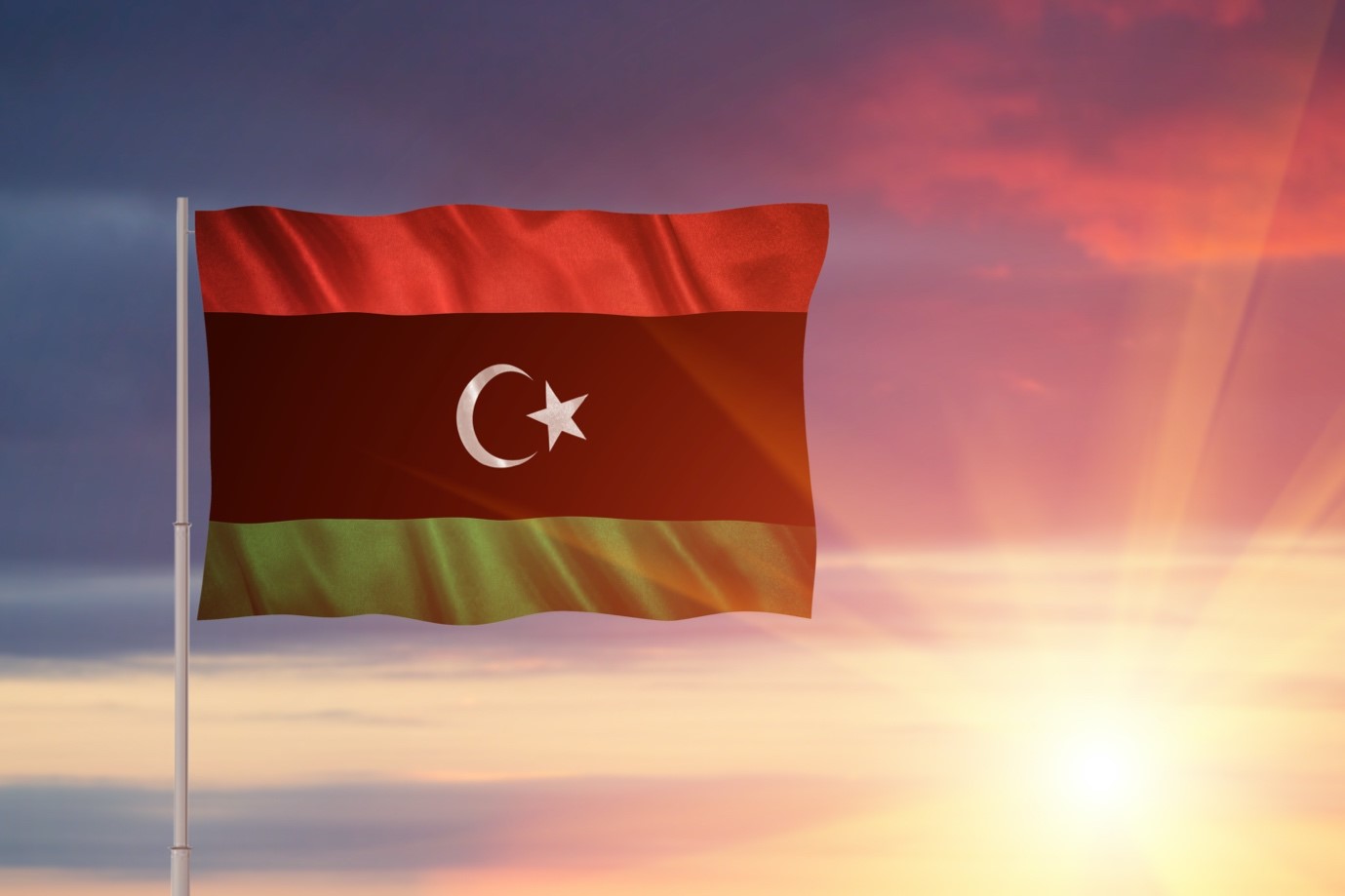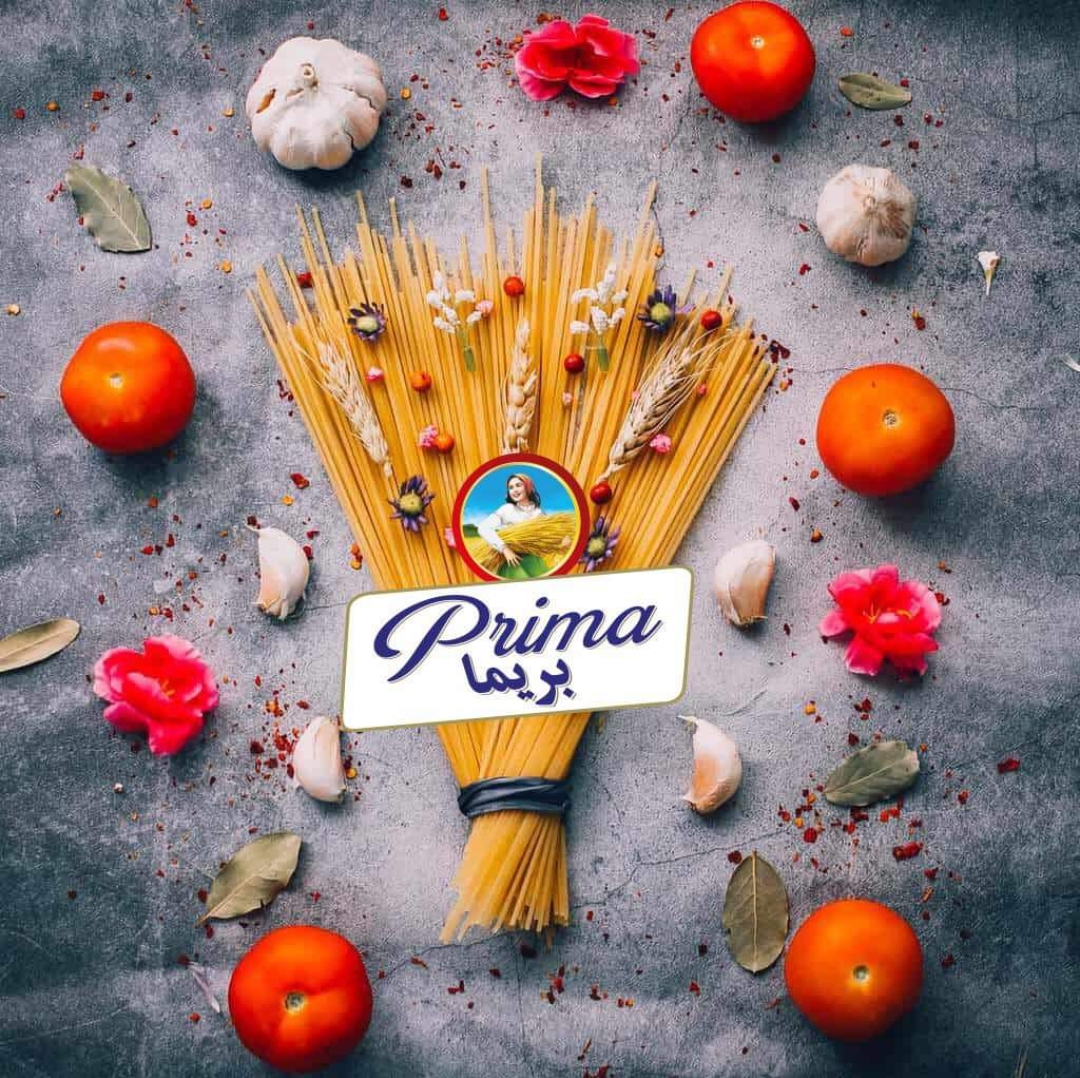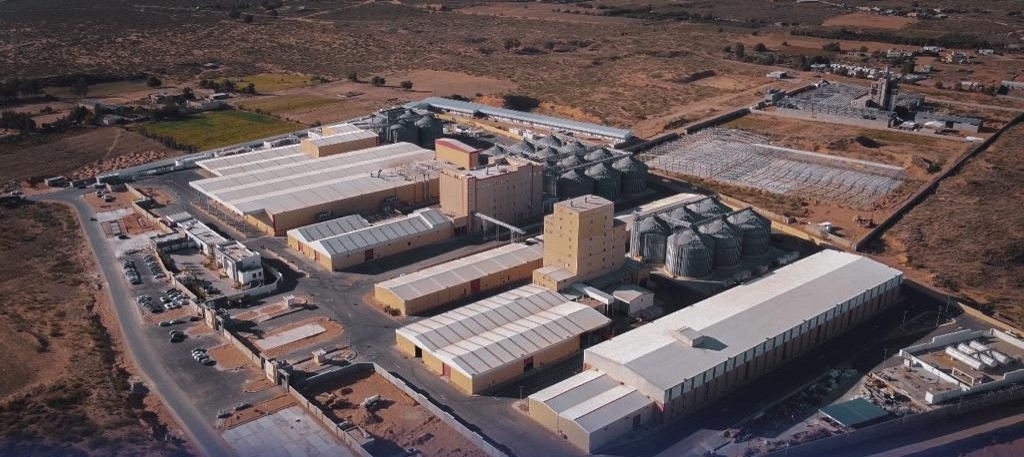Date Palms are not only one of the oldest plants cultivated by man, but they are an important aspect of the agricultural sector in many regions, especially in North Africa and in agriculture in Libya.They provide nourishment as well as suitable places for nomadic camps by offering shade and protection from the wind. They are also rich in minerals and health-promoting substances.
Dates are an extremely important crop in Libya and contribute significantly to the country’s economy. The date industry is a key source of income for many farmers and rural communities, and is also one of the major exports for the country.
In this article, we will have an overview of the specificities of the date industry in Libya, the current situation, AlSahl Group Holding efforts to support the distribution of Libyan agricultural products including dates and the general efforts deployed to help the sector thrive.
Current Situation of the Date Industry in Libya
Current Situation of the Date Industry in Libya
Context
In recent years, the state of the world’s economy has not been promising. Declining production and profits and a lack of resources to recover were all visible symptoms. However, the Libyan date industry came out of this phase with minimal damage, and has persisted over the years, managing to maintain its position in the competitive world of date production.
General Statistics
To give a general overview of the statistics of the date industry in Libya, it is necessary to mention that the production of dates has increased over the years, particularly from the 1960s to the 2020s.
In 1961, Libya produced around 29,100 tons of dates, compared to the 177,629 tons in 2020.
In fact, in 2020, Libya occupied the 5th place amongst African countries in terms of date production.
In 2011, date production held 4th place in terms of domestic production with 167,000 tons, according to Food Balance Sheets.
And after a significant contraction in 2020, the World Bank estimated that the Libyan Economy grew by 30% in 2021, which was mainly driven by political stability and global oil prices.
A Beneficial Halt
The date palm (Phoenix Dactylifera) is one of the oldest plants to exist on earth and the most crucial as a fruit crop in arid climates like that of North Africa.
There has been an increasing demand for dates and the world production has risen by 2.9% in the past decade.
This need to fulfill market requests resulted in a “severe genetic erosion with loss of cultivars”.
The Libyan date production, in both past and recent times, has gone through uncertain events, which had rendered Libya’s trade and export limited in comparison with its neighboring countries, like Tunisia and Algeria.
This limitation, however, turned out to be beneficial for the conservation of the date palm germplasm.
Therefore, and unlike other date producers in North Africa, Libya has not been affected by the high demand and the large production of dates that have prevented it from experiencing genetic erosion and depletion of date palms.
Without any pressure to fulfill market requests, Libya now conserves much of its richness in date palm germplasm, which in consequence, would reflect well in the overall date production and food security.
AlSahl Group Holding, A Supporting Force to Libya’s Agriculture.
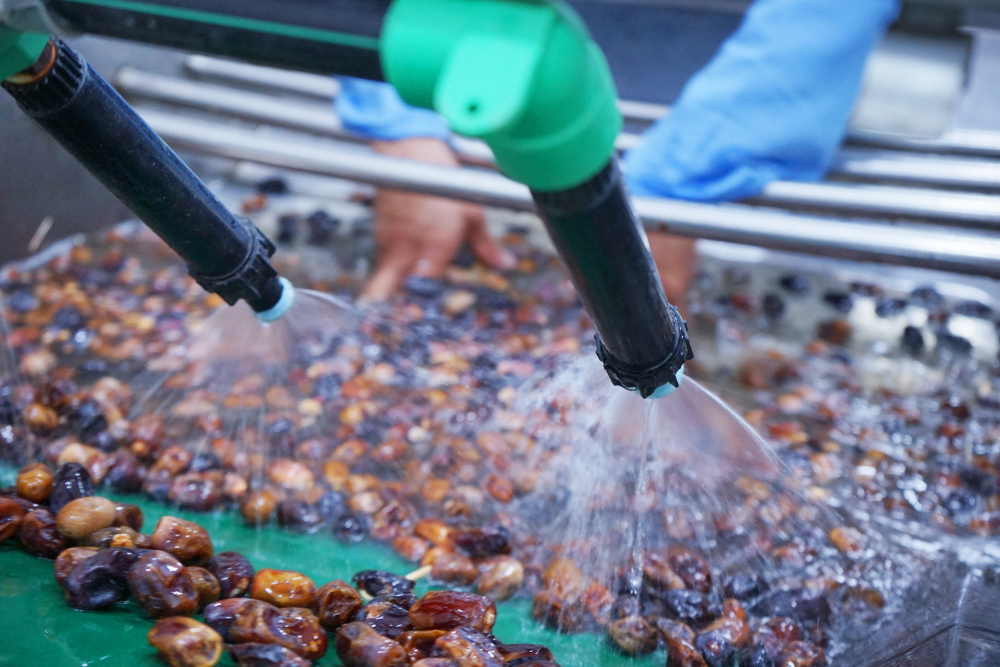
Libya has always strived to keep its agricultural sector well and alive. It is, ultimately, the second sector in importance after oil and gas.
In the Draft Libya country strategic plan (2023–2025), the report stated,
“While the challenges and risks are numerous and significant, there are also many opportunities for national and international stakeholders to work in partnership to overcome the impediments on Libya’s path to inclusive, sustainable and peaceful development.”
Clearly, there is a widespread consensus that the future of agriculture in Libya is bright and full of potential.
And at AlSahl Group Holding, we seek to be agents of that progress. Through our investments in agribusiness, but also through our distribution efforts to promote Libyan agricultural products.
This includes the distribution of high quality dates through our El Baraka brand.
Our goal is to continue to support all agricultural sectors to reach their full potential, whether through the production or import of agri-products such as animal feed and fertilizer production or by taking part in the processing of agricultural products in order to make them accessible to Libyan consumers.
Other Efforts Supporting the Industry
In Summer of 2021, the Chamber of Commerce, Industry and Agriculture in Benghazi under the Ministry of Economy, held a meeting to discuss supporting palm-growing projects in the southern region of Libya. The session focused on the adversities some farmers face and the ways in which to help boost productivity.
In addition, many researches and studies have been conducted on the date industry in Libya and on Libyan agriculture in general.
The aspects analyzed in these works and documents allow us to better understand the whole sector, to identify the vulnerable points and the strong points of the date production in Libya.
Whether it is a ministry initiative or academic papers written by Libyan and foreign experts, this effort to create a conversation around the date industry and set the stage for research is a strong sign for the future of this niche segment of Libyan agriculture.
Dates are, after all, engraved in the history of the country, they are part of its culture and its food practices and traditions.

